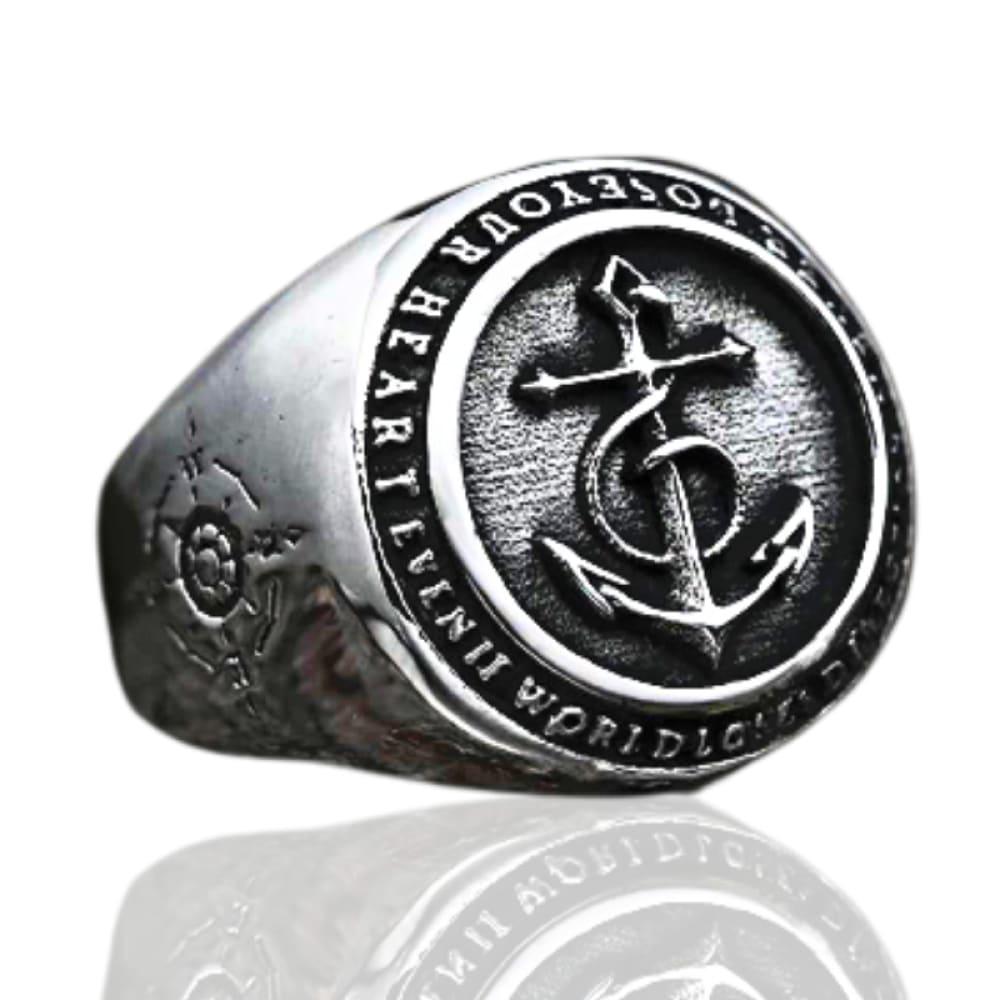Comment la loi Jones affecte-t-elle les navires de croisière ?
Comprendre la loi Jones
La loi Jones, également connue sous le nom de Merchant Marine Act de 1920, est une loi fédérale qui réglemente le commerce maritime américain. Elle exige que toutes les marchandises transportées entre les ports américains soient transportées par des navires construits, détenus ou immatriculés aux États-Unis. La loi a été conçue pour protéger l'industrie maritime américaine et maintenir une infrastructure maritime nationale solide. Cependant, son impact sur l'industrie des navires de croisière a fait l'objet de débats et de controverses.
Pour les navires de croisière opérant dans les eaux américaines, la loi Jones peut avoir plusieurs conséquences. Tout d’abord, elle interdit aux navires battant pavillon étranger de transporter des passagers entre des ports américains. Cela signifie que les itinéraires de croisière comprenant plusieurs destinations américaines doivent être opérés par des navires répondant aux exigences de la loi Jones. Ces exigences peuvent limiter considérablement les options des compagnies de croisière et peuvent entraîner des coûts plus élevés pour les compagnies de croisière et leurs passagers.





















